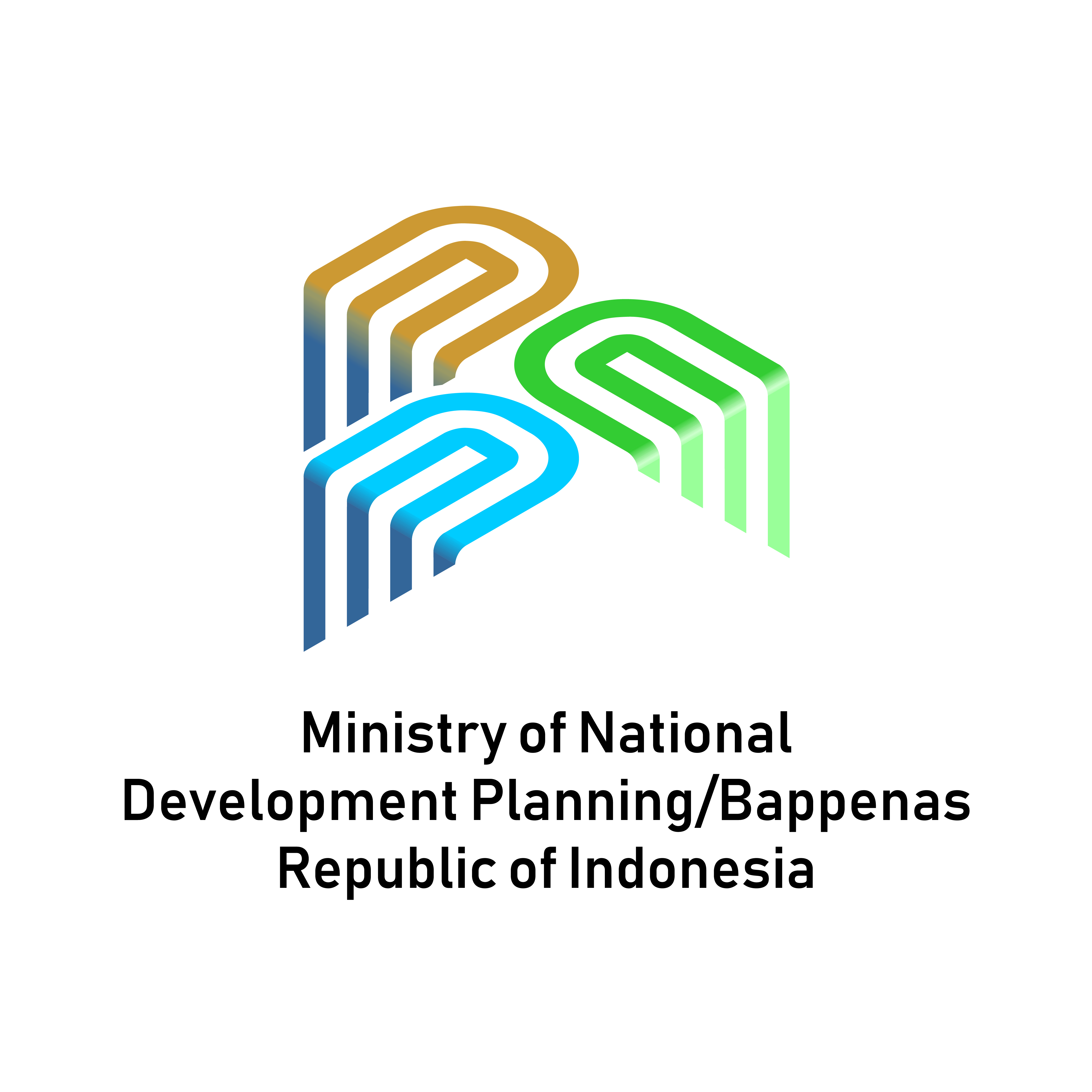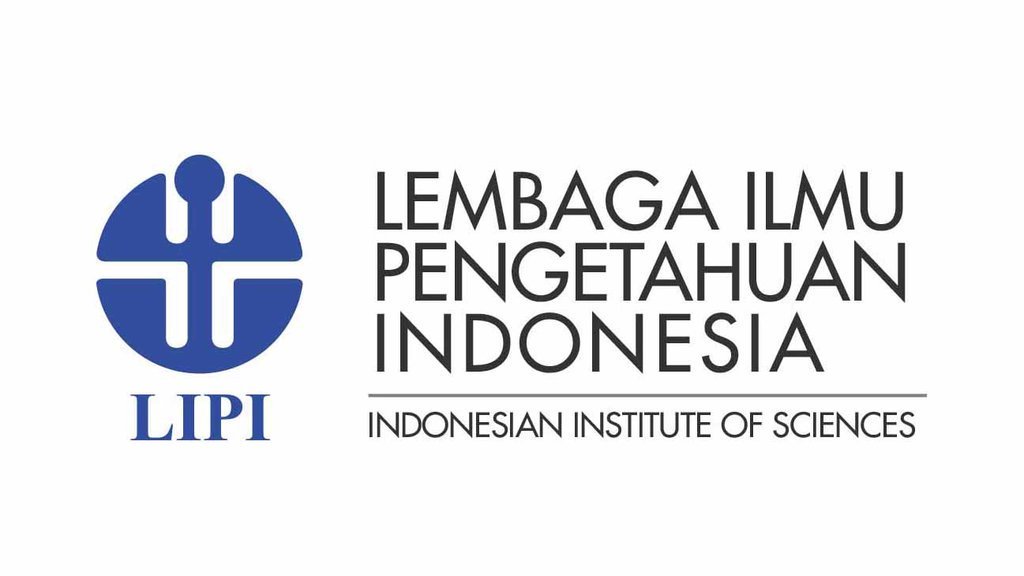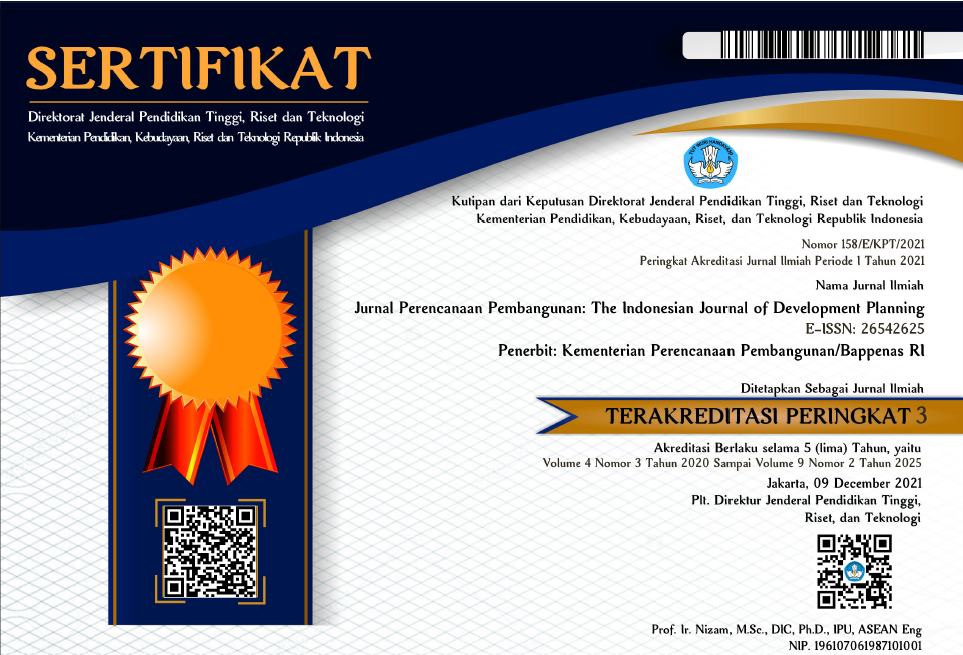Realizing Gender Equity Through Education
DOI:
https://doi.org/10.36574/jpp.v8i1.543Keywords:
gender equity, gender, education, stereotypesAbstract
Gender stereotypes continue to permeate society, limiting individual potential and impeding progress towards true equality. This research investigates the impact of educational attainment on equality in dispelling these entrenched stereotypes, with the aim of understanding whether educational attainment acts as a catalyst for change. Using a quantitative approach, we surveyed 400 people in Bandung, Indonesia, collecting data on educational background, gender, and levels of gender stereotypes. Using descriptive statistics and regression analysis, we explored the relationship between these variables. Our findings show a significant negative correlation between achieving educational equality and holding gender stereotypes. This suggests that individuals who have equal access to education exhibit lower levels of stereotypical thinking, regardless of their gender. Further analysis delved deeper, showing that individuals with higher levels of education, both male and female, had lower scores on the gender stereotyping measure. This indicates that education plays an important role in challenging traditional gender norms and fostering a more egalitarian perspective. However, the study also identified differences in this relationship. Differences in gender stereotypes existed across demographic groups, with women generally showing higher levels compared to men. These differences highlight the need for further investigation into the complex factors that influence individuals' perceptions of gender roles. Overall, this quantitative analysis strengthens the argument that achieving equality in education is a powerful tool to eliminate harmful gender stereotypes. By providing knowledge, critical thinking skills and exposure to diverse perspectives, education empowers individuals to challenge preconceived notions and embrace a more just society. The findings presented here have valuable implications for policymakers, educators, and community stakeholders who want to create a world free from gender stereotypes and limitations.
Downloads
References
Amalia, A. (2017). Pengaruh pendidikan, pengangguran dan Ketimpangan gender terhadap kemiskinan di Sumatera utara. At-Tawassuth: Jurnal Ekonomi Islam, 2(2), 324-344. DOI: http://dx.doi.org/10.30821/ajei.v2i2.1225
Amanah, N., Andriana, N., & Rahman, I. K. (2023). Konsep Kesadaran Gender Dalam Pendidikan Islam: Telaah Buku The Tao Of Islam Karya Sachiko Murata. Kuttab: Jurnal Ilmu Pendidikan Islam, 7(1), 34-44.DOI: https://doi.org/10.30736/ktb.v7i1.1458
Anindya, a. (2018). Krisis Maskulinitas Dalam Pembentukan Identitas Gender Pada Aktivitas Komunikasi. Jurnal Ranah Komunikasi (JRK), 2(1), 24-34. DOI: https://doi.org/10.25077/rk.2.1.24-34.2018
Annisa, N., Bariah, O., & Sitika, A. J. (2022). Persepsi Masyarakat terhadap Pentingnya Pendidikan Tinggi Untuk Kaum Perempuan. ISLAMIKA, 4(4), 871-882. https://doi.org/10.36088/islamika.v4i4.2183
Apriliandra, S., & Krisnani, H. (2021). Perilaku Diskriminatif Pada Perempuan Akibat Kuatnya Budaya Patriarki Di Indonesia Ditinjau Dari Perspektif Konflik. Jurnal Kolaborasi Resolusi Konflik, Vol 3, No 1 (2021). https://doi.org/10.24198/jkrk.v3i1.31968
Astuti, D. (2021). Melihat Konstruksi Gender Dalam Proses Modernisasi Di Yogyakarta. Populika, 8(1), 1–13. https://doi.org/10.37631/populika.v8i1.131
Basias, N., & Pollalis, Y. (2018). Quantitative and qualitative research in business & technology: Justifying a suitable research methodology. Review of Integrative Business and Economics Research, 7, 91-105. (http://buscompress.com/journal-home.html) ISSN: 2304-1013 (Online)
BPS. 2022. Indeks Ketimpangan Gender (IKG) 2022. https://www.bps.go.id/pressrelease/2023/08/01/2042/indeks-ketimpangan-gender--ikg--2022.html
Dwi Puspita Sari, & Ella Nurlaella Hadi. (2023). Pengaruh Budaya Patriarki terhadap Partisipasi Pasangan Usia Subur dalam Program Keluarga Berencana di Indonesia: Tinjauan Sistematis. Jurnal Ilmiah Permas: Jurnal Ilmiah STIKES Kendal, 13(2), 369–380. https://doi.org/10.32583/pskm.v13i2.761
Febriyanti, G. F., & Rahmatunnisa, M. (2022). Ketidakadilan Gender Akibat Stereotip Pada Sistem Patriarki. ResearchGate, June. https://www.researchgate.net/publication/361244187_KETIDAKADILAN_GENDER_AKIBAT_STEREOTIP_PADA_SISTEM_PATRIARKI
Hanum, Farida. 2018. Kajiandan Dinamika Gender. Malang: Intrans Publishing
Hanuswantari, A. S., & Wahyuti, T. (2023). Representasi Peran Gender Pada Karakter Anak Dalam Film Animasi Studio Ghibli My Neighbor Totoro. Konvergensi: jurnal ilmiah ilmu komunikasi, 4(1), 436-443. DOI: https://doi.org/10.51353/kvg.v4i1.790
Iqbal, M. F., Harianto, S., & Handoyo, P. (2023). Transformasi Peran Perempuan Desa dalam Belenggu Budaya Patriarki. Jurnal ISIP: Jurnal Ilmu Sosial Dan Ilmu Politik, 20(1), 95–108. https://doi.org/10.36451/jisip.v20i1.13
kemenpppa. GLOSARY GENDER. https://www.kemenpppa.go.id/index.php/page/view/20. (Online). Diakses pada tanggal 27 Oktober 2023, pukul 13.59 WIB
Lulu’Aniqurrohmah, S. F. (2023). Kesetaraan Gender Dan Nilai Nilai Yang Terkandung Di Dalamnya Menurut Hak Asasi Manusia. Jurnal Dunia Ilmu Hukum (JURDIKUM), 1(2), 50-56.Teologi-Sintesis). Jendela PLS: Jurnal Cendekiawan Ilmiah Pendidikan Luar Sekolah, 8(1), 56-69. DOI: https://doi.org/10.37058/jpls.v8i1.7374
Mujahidah, M. (2015). Dinamika Gender dan Peran Perempuan dalam Ekonomi Keluarga. AL-MAIYYAH: Media Transformasi Gender dalam Paradigma Sosial Keagamaan, 8(2), 238-261.umttps://ejurnal.iainpare.ac.id/index.php/almaiyah/article/view/324
Muslihudin, M., Putri, Y., Al Khoiron, M. F., & Nurhuda, A. (2023). Upaya Egaliter Terhadap Diskriminasi Perempuan Infertilitas Dalam Prespektif al-Qur’an (Studi Gender Pendekatan Teologi-Sintesis). Jendela PLS: Jurnal Cendekiawan Ilmiah Pendidikan Luar Sekolah, 8(1), 56-69.DOI: https://doi.org/10.37058/jpls.v8i1.7374
Mustari, A. (2016). Perempuan dalam struktur sosial dan kultur hukum Bugis Makassar. Al-'Adl, 9(1), 127-146. http://dx.doi.org/10.31332/aladl.v9i1.671
Nurul Hafizah. (2023). Pengaruh Globalisasi Terhadap Kebudayaan Bangsa Indonesia. Journal of Creative Student Research, 1(1), 37–41. https://doi.org/10.55606/jcsrpolitama.v1i1.1033
Putri Erdiyanti, Y., & Nurhaipah, T. (2020). Bimbingan Konseling Karir Untuk Anggota Karang Taruna Kabupaten Majalengka. BERNAS: Jurnal Pengabdian Kepada Masyarakat, 1(3), 232–240. https://doi.org/10.31949/jb.v1i3.321
Rahmayani, M. (2021). Persepsi Masyarakat Terhadap Pentingnya Pendidikan Tinggi untuk Kaum Perempuan. Jurnal Sosial Dan Sains, 1(9), 1.031 – 1.038. https://doi.org/10.59188/jurnalsosains.v1i9.169
Ramli, U., & Basri, L. (2021). Peran Gender Pada Masyarakat Bugis. Jurnal Noken: Ilmu-Ilmu Sosial, 7(1), 78-89. DOI: https://doi.org/10.33506/jn.v7i1.1524
Ramli, U., & Basri, L. (2021). Peran Gender Pada Masyarakat Bugis. Jurnal Noken: Ilmu-Ilmu Sosial, 7(1), 78–89. https://doi.org/10.33506/jn.v7i1.1524
Riant Nugroho, (2008), Gender dan Strategi Pengarus-Utamaanya di Indonesia,. Pustaka Pelajar, Yogyakarta.
Ritzer, G., & Goodman, D. J. (2019). Teori Sosiologi: Dari Teori Sosiologi Klasik Sampai Perkembangan Mutakhir Teori Sosial Postmodern. Bantul: Kreasi Wacana.
Sakina, A. I. (2017). Menyoroti budaya patriarki di Indonesia. Share: Social Work Journal, 7(1), 71-80. DOI : https://doi.org/10.24198/share.v7i1.13820
Sawitri dan Kanya Icchanti. (2021). Implementasi Office 365 Sebagai Pembelajaran Jarak Jauh Masa Pandemi COVID 19 di SMK Muhammadiyah Sukoharjo. Jurnal Pendidikan, 30(1), 67–72. https://doi.org/10.32585/jp.v30i1.1215
Suparno, S., Hastin, M., Sumiartini, N. K. S., Lestari, D. P., Vanchapo, A. R., & Mokodenseho, S. (2023). Persepsi Masyarakat Terhadap Pentingnya Pendidikan Tinggi Untuk Kaum Perempuan. Journal on Education, 6(1), 3635-3641. https://doi.org/10.31004/joe.v6i1.3461 https://jonedu.org/index.php/joe/article/view/3461
Tahir, R., & Raharja, S. U. J. (2021). Women's Empowerment Model Through Entrepreneurship Development Strategy in Banten Province-Indonesia. Review of Integrative Business and Economics Research, 10, 132-145. https://buscompress.com/uploads/3/4/9/8/34980536/riber_10-s3_10_k21-036_132-145.pdf
Umi Azizah Logis Purnama Sari, & Subur. (2023). Konsep Pemikiran Pendidikan Wanita Perspektif R.A. Kartini. Jurnal Kependidikan, 11(1), 118–136. https://doi.org/10.24090/jk.v11i1.8286
Umniyyah, Z. (2021). Kekerasan Berbasis Gender: Belenggu Patriarki Terhadap Perempuan Dalam Novel Tempurung Karya Oka Rusmini. Journal of Feminism and Gender Studies, 1(1), 22-29. https://doi.org/10.19184/fgs.v1i1.22323
Zuhri, S., & Amalia, D. (2022). Ketidakadilan gender dan budaya patriarki di kehidupan masyarakat Indonesia. Murabbi, 5(1). https://www.ejournal.stitalhikmah-tt.ac.id/index.php/murabbi/article/view/100
Zuhri, S., & Amalia, D. (2022). Ketidakadilan gender dan budaya patriarki di kehidupan masyarakat Indonesia. Murabbi, 5(1). https://www.ejournal.stitalhikmah-tt.ac.id/index.php/murabbi/article/view/100
Downloads
Published
How to Cite
Issue
Section
License
Copyright (c) 2024 Jurnal Perencanaan Pembangunan: The Indonesian Journal of Development Planning

This work is licensed under a Creative Commons Attribution-NonCommercial-ShareAlike 4.0 International License.
This is an open-access article distributed under the terms of the Creative Commons Attribution-NonCommercial-ShareAlike 4.0 International License. Copyright © Kementerian PPN/Bappenas RI


















